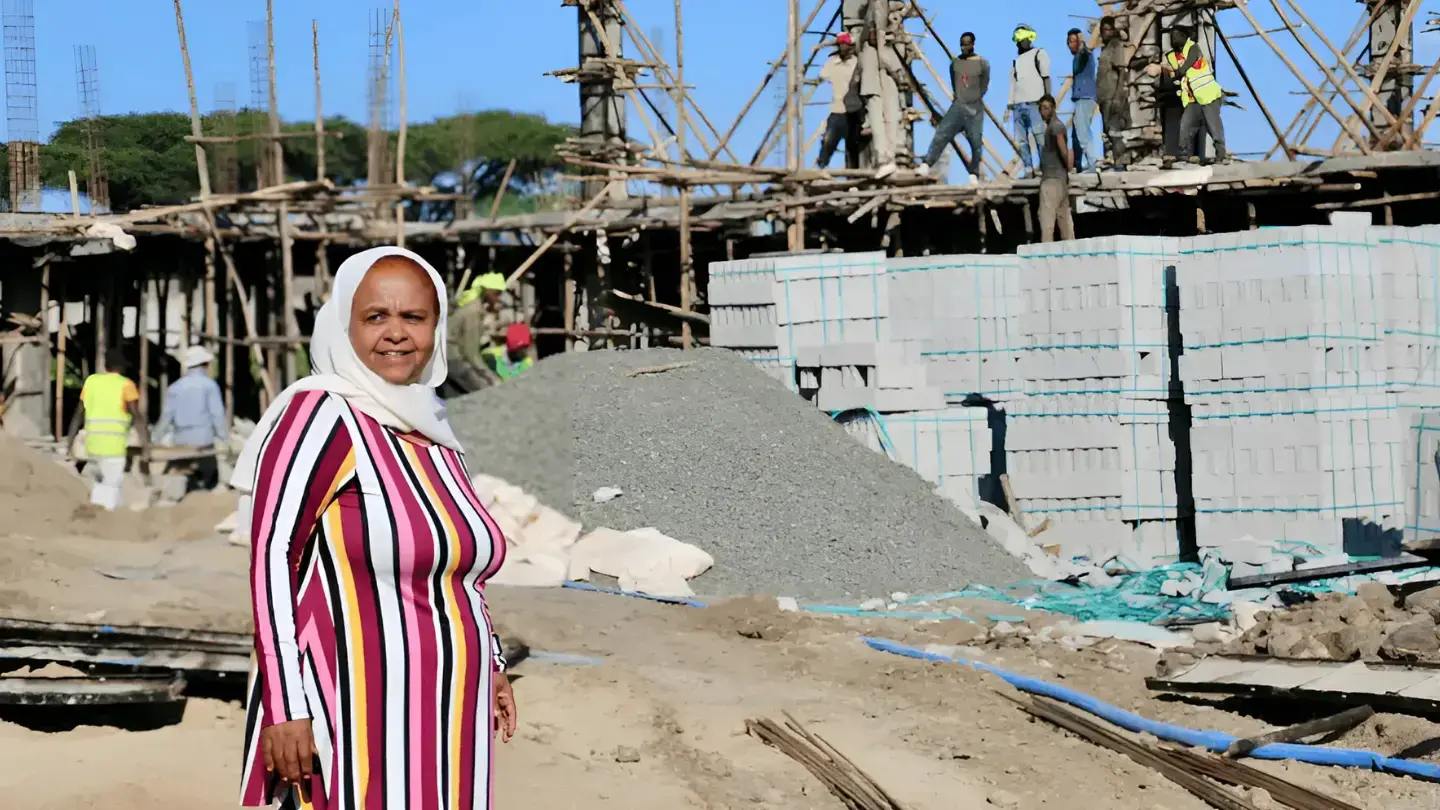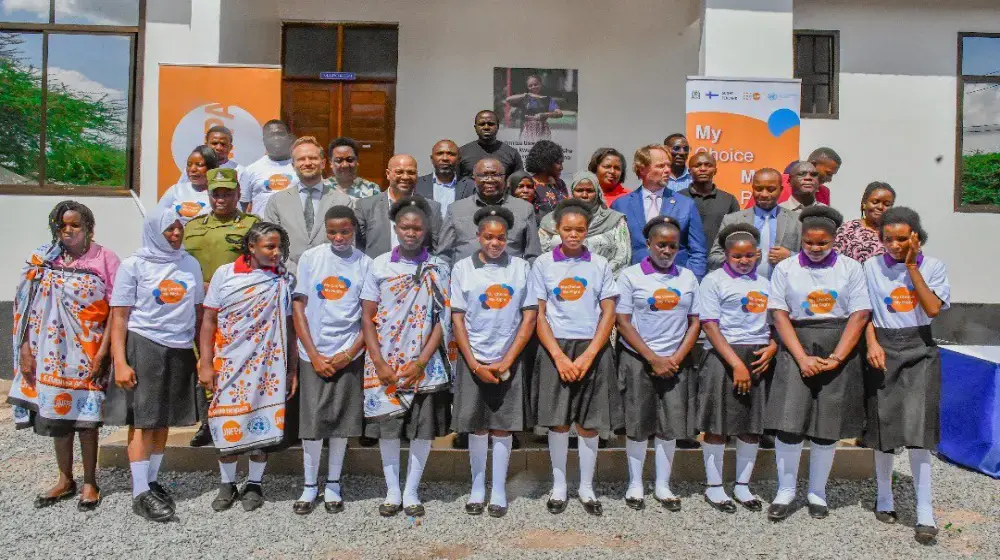ADDIS ABABA, Ethiopia — Governments in sub-Saharan Africa need to face up to the lived realities of women and demonstrate real political will to prevent and address the causes and consequences of violence against women during conflict.
This was said by Dr. Neema Rukungu in an expert presentation to the African Regional Conference on Population and Development. Based on her research and experience in treating women patients at Ponzi Hospital, Democratic Republic of Congo, Dr. Neema said armed conflicts in the region have moved beyond traditional battlefields, to use rape and serious violence against women to undermine the social fabric of communities.
“The consequences of sexual violence go very deep and go on long after the conflict is over, even into the next generation,” she said. “The repeated displacement of people, the repeated insecurity, the repeated rape and inhumane living conditions in refugee camps are things that we know about and that we cannot ignore.” Efforts to address the problem have been hampered by difficulties in obtaining data on sexual violence during conflict, not only because women victims are hidden by stigma, but because countries view it as a source of shame and are unwilling to collect evidence.
The inability of governments to effectively address the causes and consequences of conflict- based violence is “driven by the pre-existing vulnerability of women and girls and the stigma attached to victims of sexual violence,” she said. The underlying issue of women’s lack of social and economic power contributes to the problem. “Women have pre-existing vulnerability. Their lack of access to education leads to illiteracy and that in turn leads to increased dependency on men for their economic security.”
Women’s central role as the ‘social insurers’ of sub-Saharan Africa, in familial and social networks, is severely affected by violence against them and it has a negative impact on the wider community. As well as being a human rights violation, the lack of an effective response to violence against women represents a major barrier to sub-Saharan Africa’s recovery and development, she said.
Drawing on data from the Democratic Republic of Congo, where an estimated half a million women were raped during recent conflict, Dr. Neema said: “Peacekeeping operations have not only failed to address the issue of sexual violence in conflict – they have often contributed to the problem by mixing communities, worsening the stigma and aggravating disparities between men and women.”
She said the key to effective intervention and response to the causes and effects of violence against women rested on addressing the stigma of sexual violence and the women’s consequent marginalization. Women, she argued, needed to be participants in the design and implementation of interventions. Quoting Gandhi, she said, “All that you do for me, without me, you do against me.” She said: “The women who have suffered the most, have been most overlooked in this process.”
Restoring dignity to women who have already lost so much rested, not only on their inclusion and empowerment, however, but on our commitment to hold those responsible to account. "We need to fight impunity. Women underpin the social fabric of our communities and understand what will work. We need to guarantee her participation and secure her autonomy so that she can walk with her head held high.”




